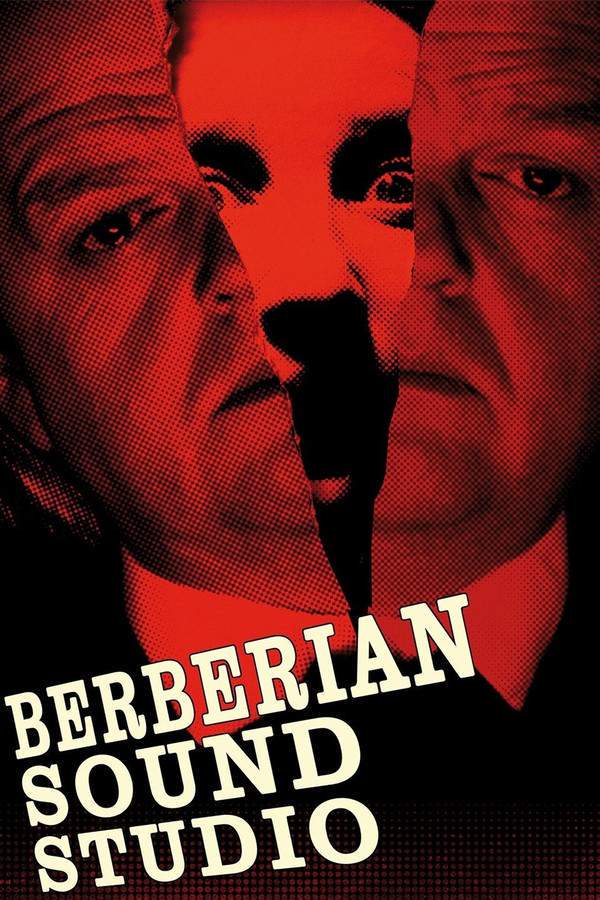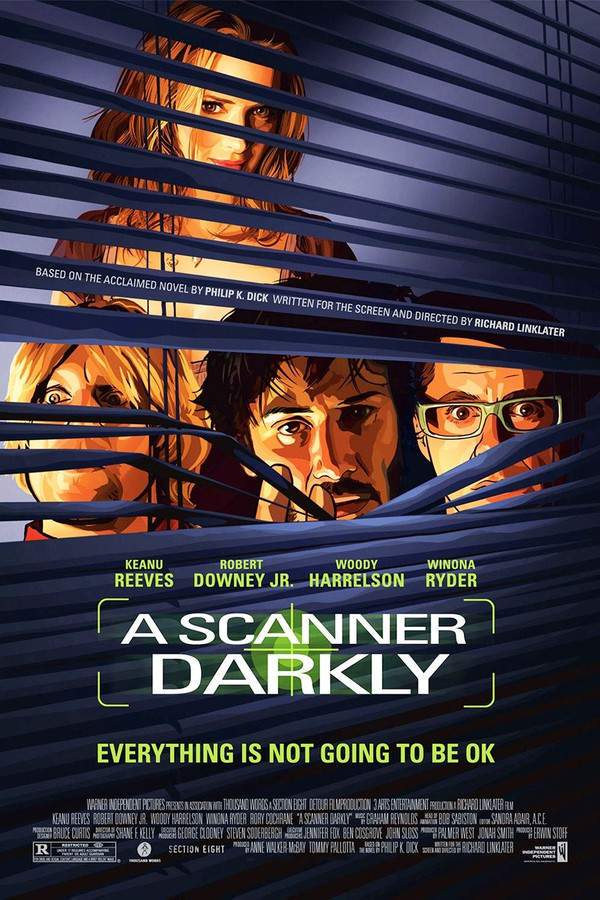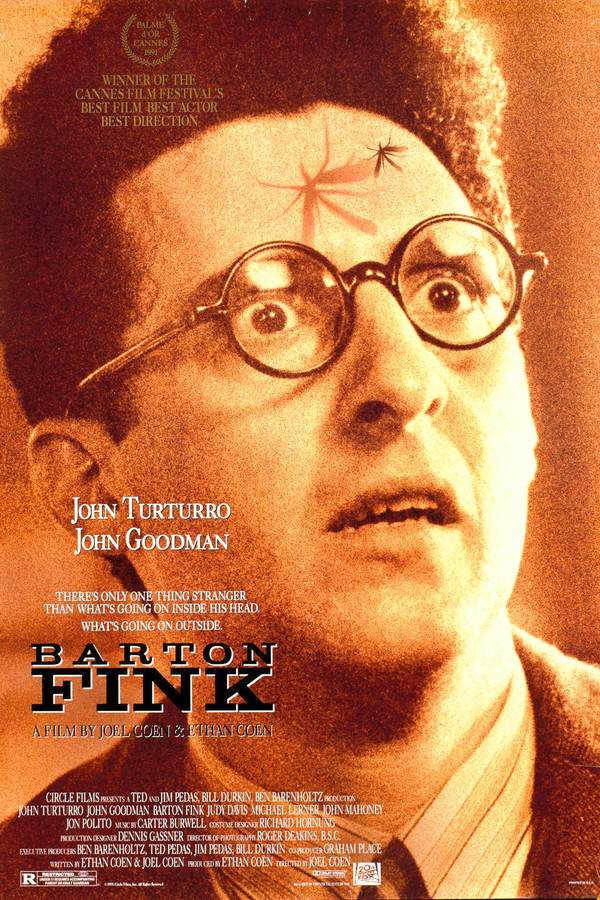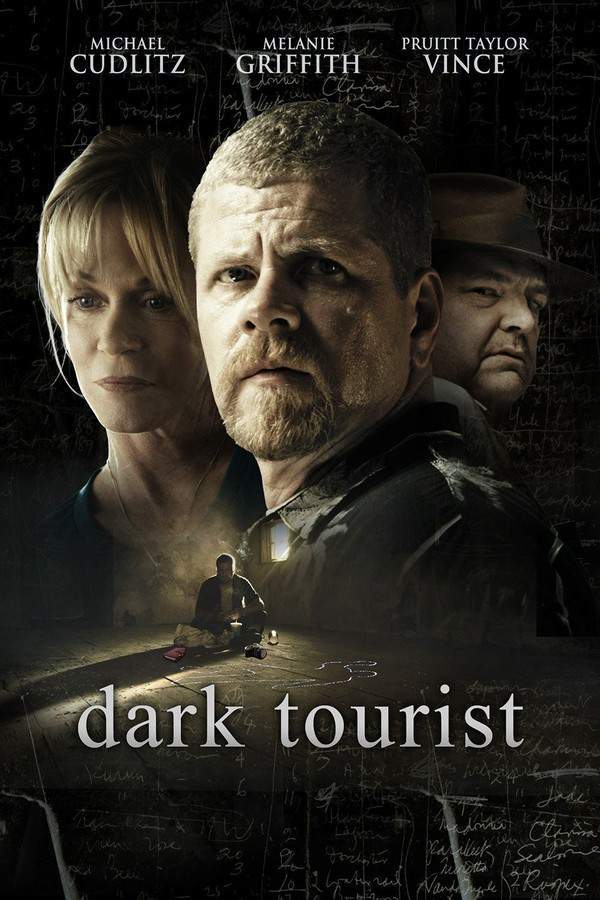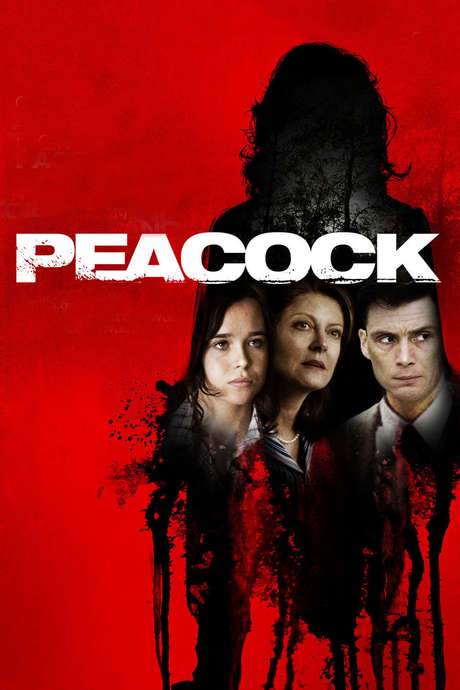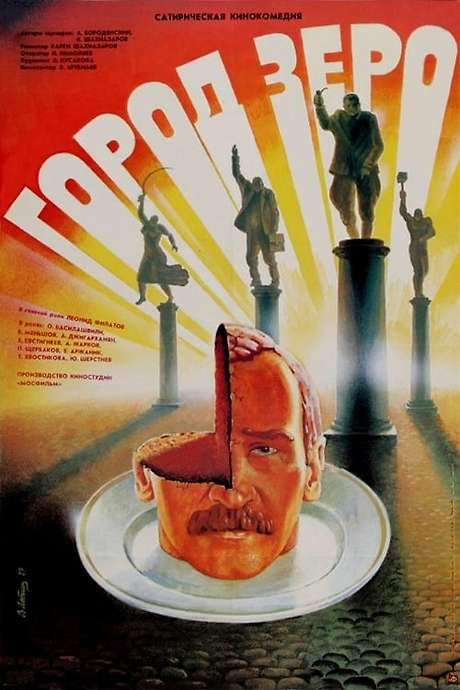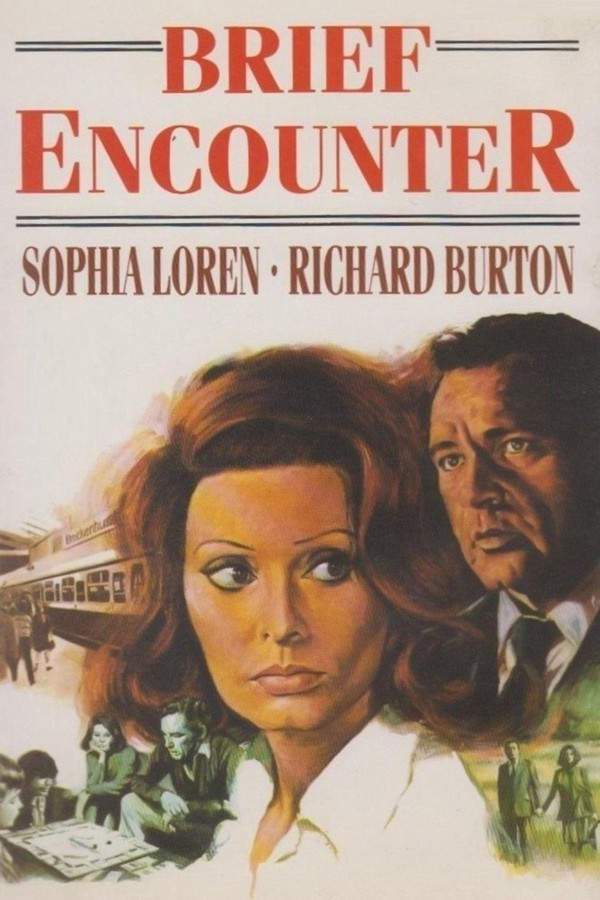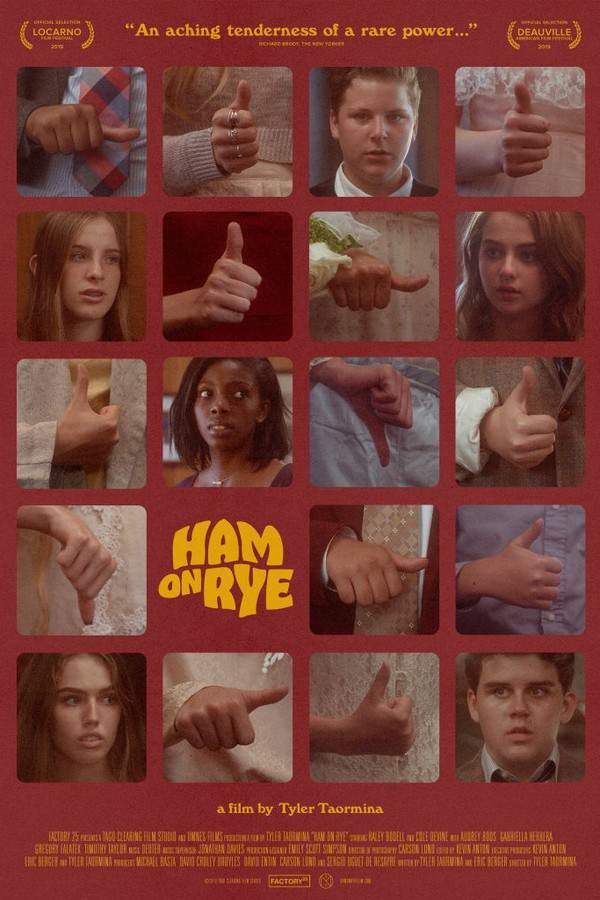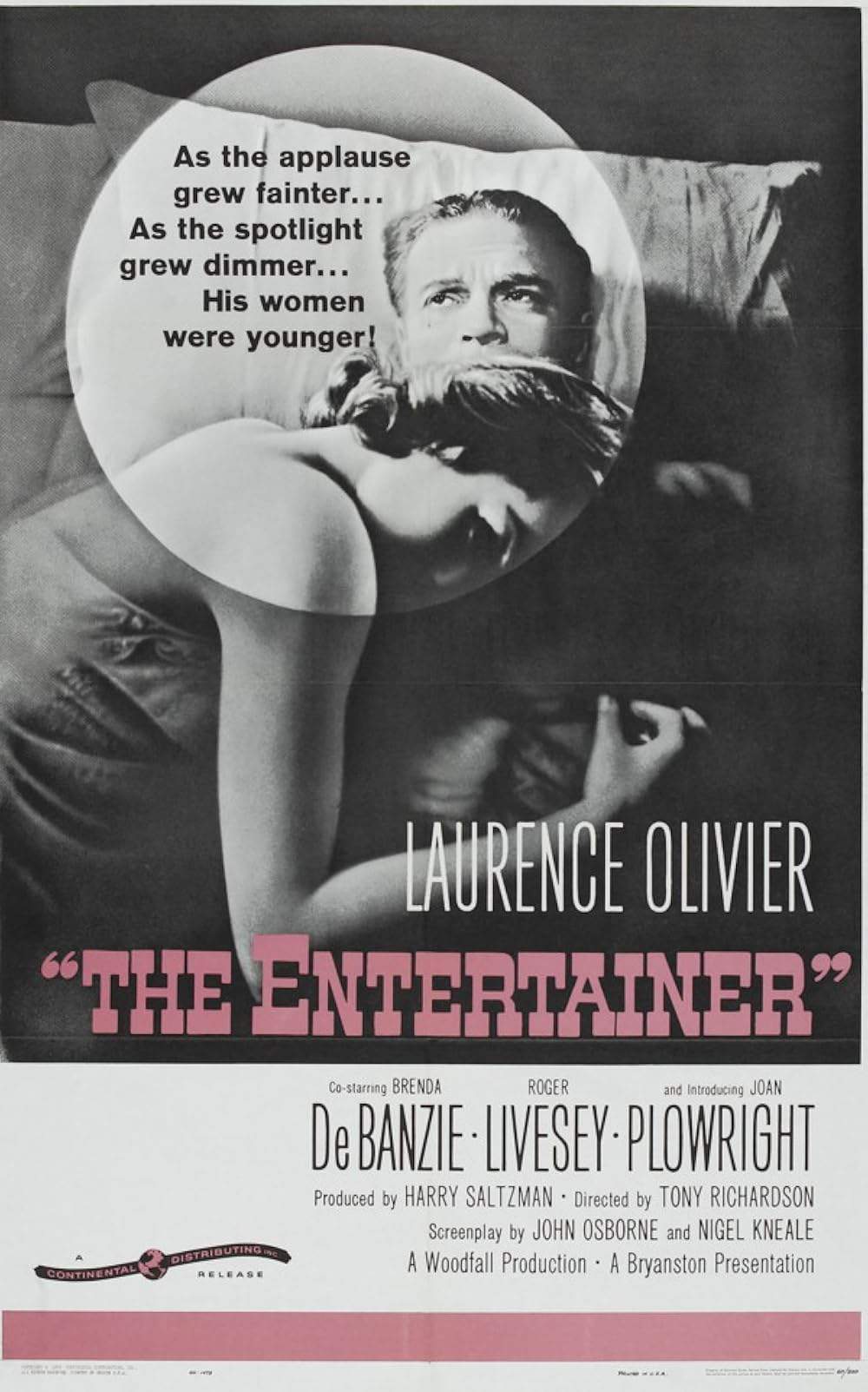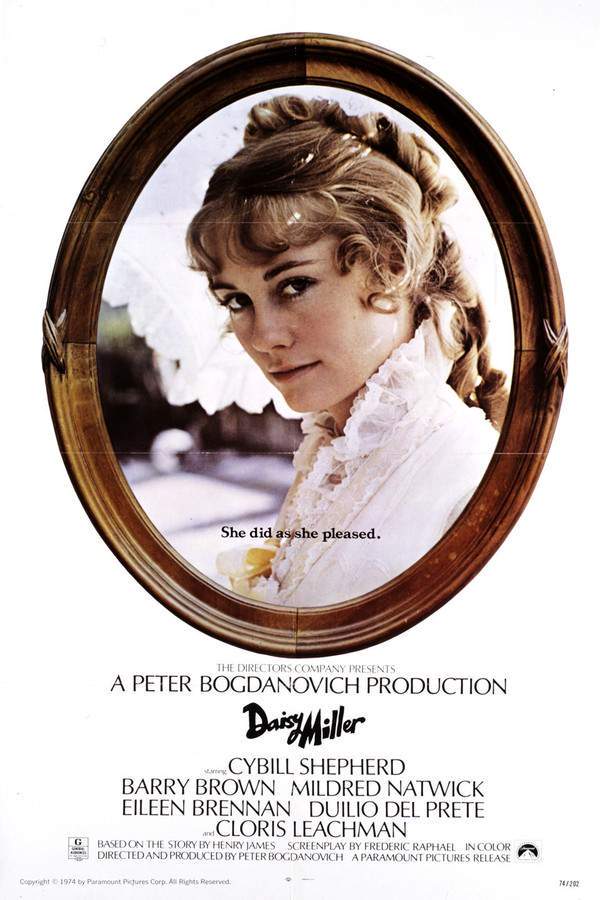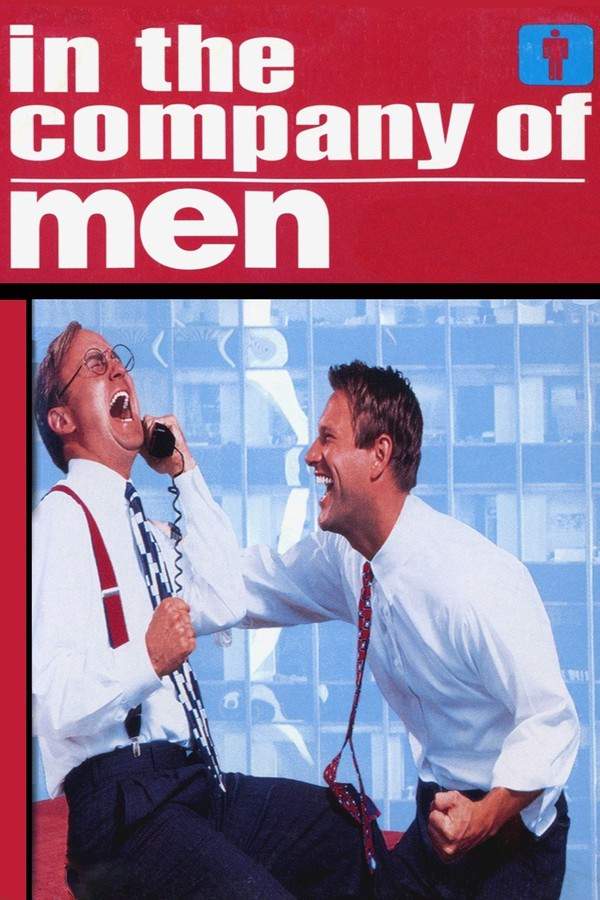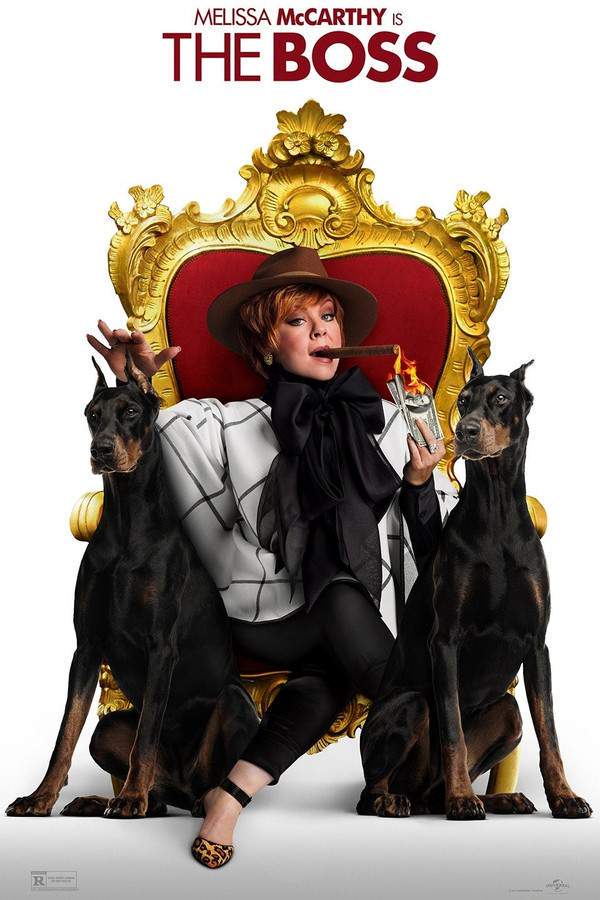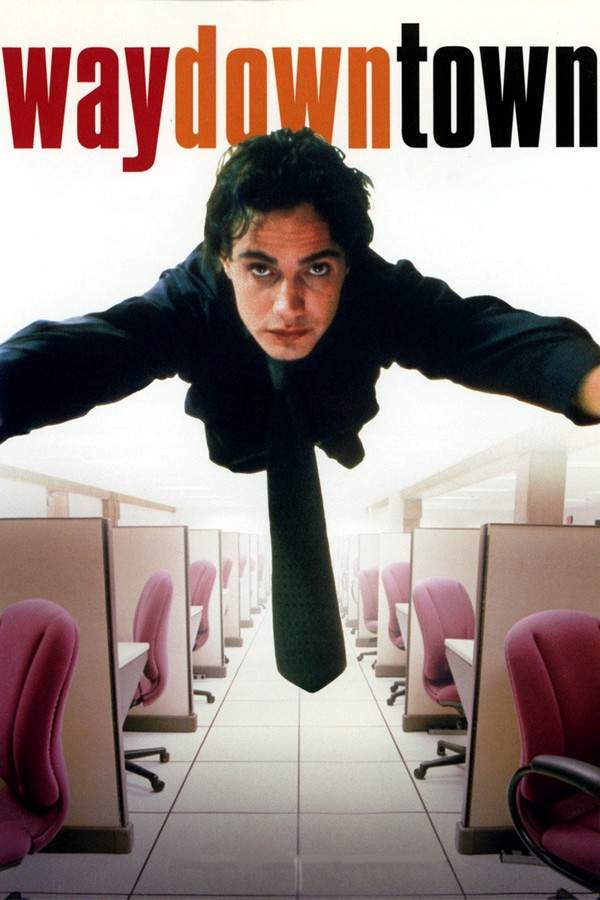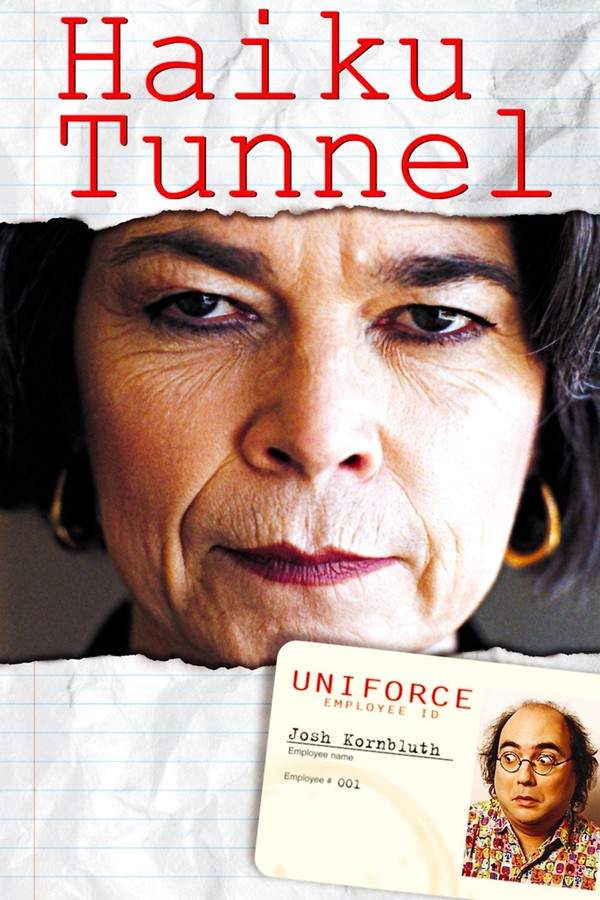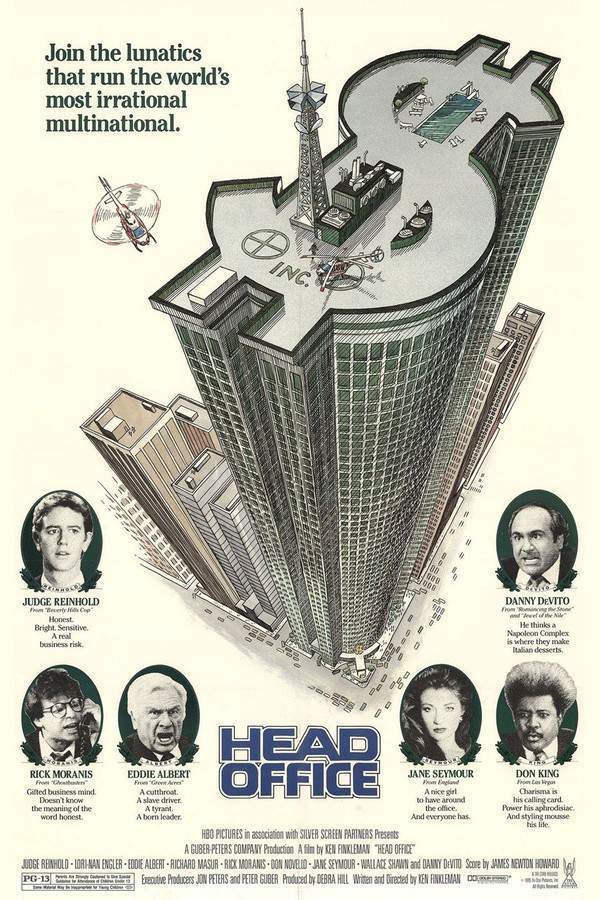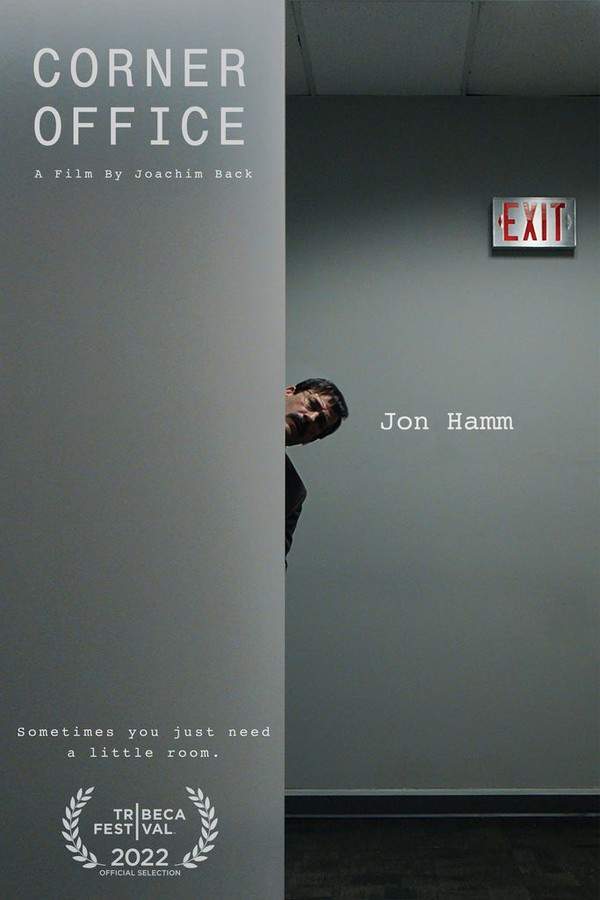
Corner Office
Orson, a new employee at Authority Inc., is determined to succeed in the competitive workplace. He adheres to a strict routine and clashes with his more relaxed colleagues. His life changes when he discovers a beautiful, secluded office, which becomes his sanctuary and a source of incredible productivity. As his work earns recognition and praise from his superiors, his coworkers become increasingly baffled and envious of his success.
Warning: spoilers below!
Haven’t seen Corner Office yet? This summary contains major spoilers. Bookmark the page, watch the movie, and come back for the full breakdown. If you're ready, scroll on and relive the story!
Corner Office (2023) – Full Plot Summary & Ending Explained
Read the complete plot breakdown of Corner Office (2023), including all key story events, major twists, and the ending explained in detail. Discover what really happened—and what it all means.
Orson, portrayed by Jon Hamm, is undoubtedly a unique individual whose distinct traits are apparent to his coworkers. Unlike his colleagues, Orson possesses an uncanny ability to see through the hypocrisy and pretense that often define human interactions. This perplexity leaves him questioning why there is such a glaring mismatch between what people say and what they truly feel inside.
Having recently joined “The Authority Inc,” Orson yearns to reclaim the leadership role he once held at his previous job. However, he struggles with social dynamics, particularly the art of small talk, which he views as an exercise in futility. Nevertheless, his keen insights into workplace behaviors allow him to read his colleagues like open books.
For instance, he discerns that Mitchell (played by Bill Marchant) masks his fear of dismissal with superficial bravado. Carol (Allison Riley) exudes a superiority complex, while Shannon (Kimberley Shoniker) is the quintessential people-pleaser, forever seeking affirmation. Orson sits silently in a corner, observing their every word and gesture, aware of their underlying intentions.
Orson’s peculiarities extend to seemingly trivial aspects of life, such as disapproving of Rakesh’s (Danny Pudi) jacket color and the chaotic state of his desk. He voices a bizarre yet genuine concern that the towering files on Rakesh’s table might someday collapse on him—an anxiety that others dismiss as irrational.
A significant twist occurs when Orson discovers a magnificent room while en route to the restroom. This space perfectly aligns with his vision of an ideal workplace, and he begins inviting colleagues into it for crucial discussions, relishing the surge in productivity that the room ignites. Within this sanctuary, Orson feels empowered to tackle projects with an unparalleled focus.
However, his productivity becomes a point of contention when Andrew (Christopher Heyerdahl) confronts him after receiving complaints about Orson’s increasingly bizarre behavior. It turns out the opulent room is merely a figment of Orson’s imagination; what his colleagues perceive as him staring at a wall for hours is actually a manifestation of his disintegrating mental state.
Despite being encouraged to see a psychiatrist, he emerges with a clean bill of health, as the psychiatrist acknowledges his exceptional work ethic—though Orson faces a mandate to cease his discussions of the imaginary room. His coworkers grow frustrated with his continued presence, yet Andrew defends Orson, asserting that he poses no threat and has valuable contributions.
Orson’s unique perspective on life becomes more pronounced as he grapples with his mental health challenges and navigates the often absurd corporate environment. As department closure looms—a fear gleaned from overhearing arguments between Rakesh and Andrew—Orson secretly begins completing tasks for his colleagues and submitting the work in Andrew’s absence, all while under the delusion that he is generating his best work in the nonexistent room.
When his hidden efforts finally come to light, with Carol inadvertently witnessing him drop off a completed file, Andrew is left astonished by Orson’s capabilities. He expresses gratitude for Orson’s contributions, which saved the company from a crisis, yet Orson remains at a loss for words, still struggling to navigate human interactions.
As days pass, Orson grows weary of waiting on others, driven to request a permanent position in the imagined room. Despite Andrew’s reluctance, he begins to sense that Orson’s belief in the room reflects a broader understanding—one that could soon cost him his job. Orson’s fixation culminates in his dismissal when Alyssa (Sarah Gadon), the receptionist, questions his sanity.
In a poignant moment, after being fired, Orson evades security and rushes back to his fictitious haven, revealing the extent of his obsession. Through Orson’s journey, the narrative illuminates the often rigid expectations of corporate culture, where non-conformity is met with skepticism, while authentic ideas that challenge the status quo are often quashed.
“It is a stark reminder that those who dare to tread off the beaten path may find themselves labeled as the strange ones in a culture that values conformity above all.”
Last Updated: November 04, 2024 at 01:52
Ending Explained – What Happens at the End of Corner Office?
Still wondering what the ending of Corner Office (2023) really means? Here’s a spoiler-heavy breakdown of the final scene, major twists, and the deeper themes that shape the film’s conclusion.
In the final moments of Corner Office, Orson’s obsession with the imaginary room reaches a climax. Despite being fired from his job, he cannot accept that the space he believed was his sanctuary and symbol of control no longer exists in reality. Driven by an intense need to hold onto his perceived escape, he sneaks back into the office building and runs back to what he thinks is his room. To him, he is reclaiming the only place where he can think and work freely, away from the hypocrisy and chaos of corporate life. His colleagues are shocked by this behavior, but to Orson, it signifies his refusal to conform and his desire to preserve his internal sanctuary, even if it exists only in his mind.
This act underscores the film’s core commentary on the oppressive nature of corporate culture. Orson’s belief in the room, despite all evidence to the contrary, highlights how non-conformity or authentic thought is often suppressed and regarded as abnormal within such environments. The fact that he is willing to risk everything just to stay in that mental space signals how deeply disillusioned he has become with societal expectations and the superficial masks people wear. His final act is a poignant reminder of the tragic toll that rigid conformity can impose on individual identity—showing how the illusion of freedom and independence in the corporate world is often just that, an illusion. Orson’s relentless pursuit of his own truth, even at the risk of everything, leaves a haunting impression of a man who refuses to be broken by the system, even if it costs him his job and sanity. In the end, the room is as much a symbol of his mental escape as it is a critique of the facades we adopt within corporate hierarchies. The film leaves us contemplating whether true freedom exists within or outside these societal confines.**
Last Updated: June 25, 2025 at 08:59
Explore Movie Threads
Discover curated groups of movies connected by mood, themes, and story style. Browse collections built around emotion, atmosphere, and narrative focus to easily find films that match what you feel like watching right now.
Dark Workplace Satires like Corner Office
Films that use the absurdity of office life to explore unsettling themes.Discover movies like Corner Office that blend corporate satire with psychological unease. If you liked the darkly comedic take on office politics, alienation, and mental health in a sterile corporate setting, this collection features similar stories.
Narrative Summary
Narratives in this thread often follow an individual at odds with their corporate environment, using satire to highlight the dehumanizing aspects of modern work. The protagonist's perception of reality often clashes with the mundane or absurd world around them, leading to a gradual unraveling or a critical examination of their mental state.
Why These Movies?
These films are grouped by their shared darkly comedic tone, their setting within corporate structures, and their focus on psychological themes like alienation and delusion. They create a specific, unsettling vibe by merging the familiar with the absurd.
Slow Burn Stories of Isolation like Corner Office
Quiet stories about characters retreating into their own realities.Find movies similar to Corner Office that explore themes of social isolation and personal delusion. If you appreciated the slow, reflective pacing and the melancholic journey of a character creating their own sanctuary from reality, you'll find more here.
Narrative Summary
The narrative pattern revolves around a character's internal journey, often triggered by a desire to escape an unfulfilling or hostile reality. The story slowly builds tension from the disconnect between the character's perception and the objective world, frequently leading to a poignant or tragic realization of their isolation.
Why These Movies?
These movies are connected by their slow pacing, medium emotional weight, and a deep focus on a single character's psychological state. They share a melancholic, reflective mood and explore the delicate line between coping mechanism and mental break.
Unlock the Full Story of Corner Office
Don't stop at just watching — explore Corner Office in full detail. From the complete plot summary and scene-by-scene timeline to character breakdowns, thematic analysis, and a deep dive into the ending — every page helps you truly understand what Corner Office is all about. Plus, discover what's next after the movie.
Corner Office Timeline
Track the full timeline of Corner Office with every major event arranged chronologically. Perfect for decoding non-linear storytelling, flashbacks, or parallel narratives with a clear scene-by-scene breakdown.

Characters, Settings & Themes in Corner Office
Discover the characters, locations, and core themes that shape Corner Office. Get insights into symbolic elements, setting significance, and deeper narrative meaning — ideal for thematic analysis and movie breakdowns.

Corner Office Ending Explained
What really happened at the end of Corner Office? This detailed ending explained page breaks down final scenes, hidden clues, and alternate interpretations with expert analysis and viewer theories.

Corner Office Spoiler-Free Summary
Get a quick, spoiler-free overview of Corner Office that covers the main plot points and key details without revealing any major twists or spoilers. Perfect for those who want to know what to expect before diving in.

More About Corner Office
Visit What's After the Movie to explore more about Corner Office: box office results, cast and crew info, production details, post-credit scenes, and external links — all in one place for movie fans and researchers.

Similar Movies to Corner Office
Discover movies like Corner Office that share similar genres, themes, and storytelling elements. Whether you’re drawn to the atmosphere, character arcs, or plot structure, these curated recommendations will help you explore more films you’ll love.
Explore More About Movie Corner Office
Corner Office (2023) Scene-by-Scene Movie Timeline
Corner Office (2023) Movie Characters, Themes & Settings
Corner Office (2023) Ending Explained & Theories
Corner Office (2023) Spoiler-Free Summary & Key Flow
Movies Like Corner Office – Similar Titles You’ll Enjoy
In the Company of Men (1997) Detailed Story Recap
The Boss (2016) Detailed Story Recap
Office (2015) Spoiler-Packed Plot Recap
Waydowntown (2002) Full Summary & Key Details
Haiku Tunnel (2001) Story Summary & Characters
Office Space (1999) Ending Explained & Film Insights
Head Office (1986) Movie Recap & Themes
Office Race (2023) Full Summary & Key Details
Office Hours (2003) Complete Plot Breakdown
After Office Hours (1935) Film Overview & Timeline
The Dark Corner (1946) Spoiler-Packed Plot Recap
Office Killer (1997) Full Summary & Key Details
Desk Set (1957) Story Summary & Characters
The Office Wife (1930) Detailed Story Recap
Corporate Affairs (2008) Complete Plot Breakdown


